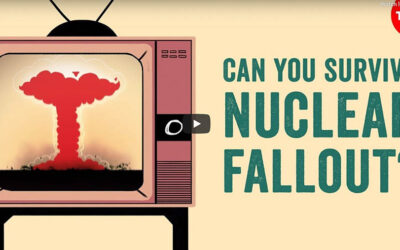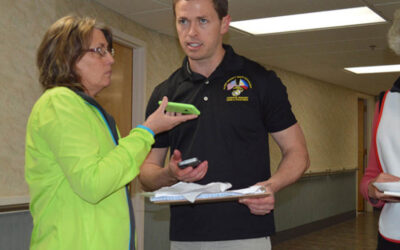Prepared by SummitET’s Vice President and Corporate Health Physicist, Steve Sugarman, this document briefly explains various radiation-related terms and concepts in an easy to read format and to provide additional information for those that may find it useful. Although organizationally different among the states, each has a radiation health department that can help with further questions and concerns.
Regulations and standards are in place to help minimize exposures to many sources of ionizing radiation. However, it is not possible to avoid all exposures. Radioactive materials are all around us. Terrestrial sources, such as radon, and cosmic radiation are contributors to our natural background radiation levels. Brick and concrete contain small amounts of naturally occurring radioactive materials such as uranium and thorium. Many of the foods that we eat contain naturally occurring radioactive materials – for instance, potassium-40 is found in bananas and Brazil nuts. Radioactive materials are routinely used in medicine for both diagnostic purposes (nuclear medicine) and therapeutic purposes (brachytherapy for the treatment of cancer, for example).
Basic Radiation Info Sheet
Download this document for free.
Resources
Can You Survive Nuclear Fallout?
Watch this YouTube video on the scientifically supported plan of action that could save thousands of lives during a nuclear fallout.
HPS Specialist in Radiation Protection
For public, media, a health physicist, or a scientist you can either find answers or submit questions or ask the Health Physics Society experts.
Evaluating Tabletop Exercise Effectiveness
FEMA developed a standardized program that includes common terminology for exercise design, development, conduct, evaluation, and improvement planning. Read about alternative options and actions.



